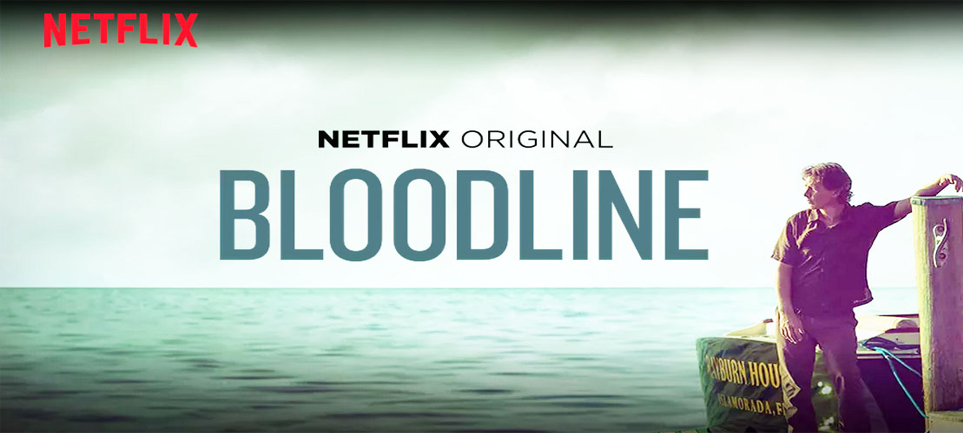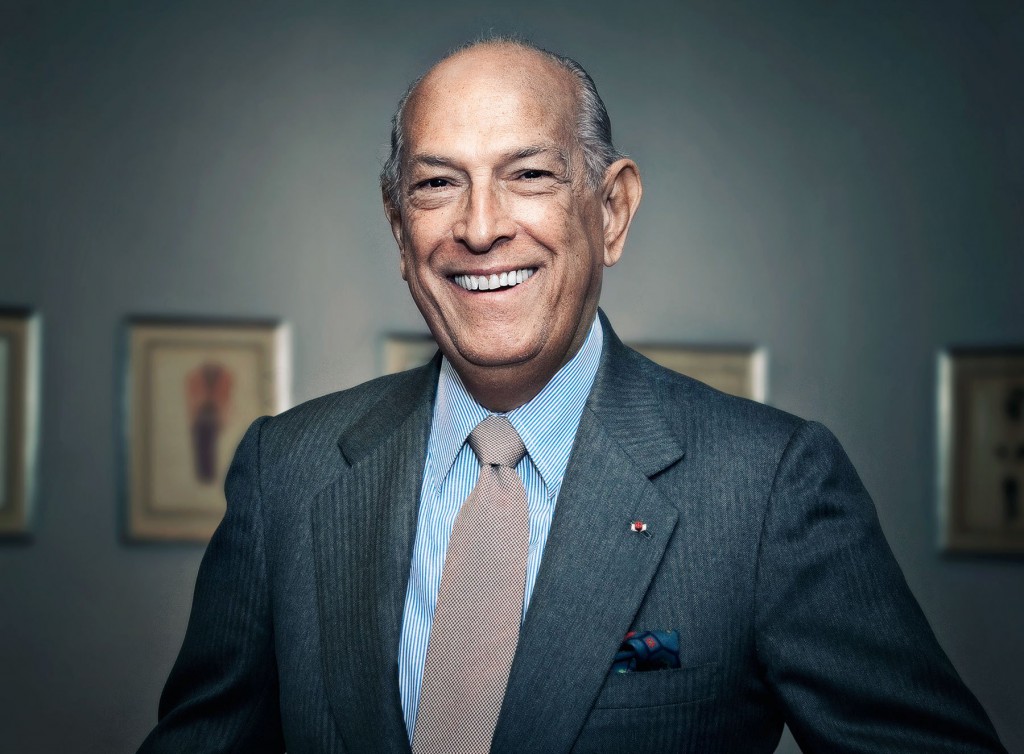
By Staff Writer
*SPOILER ALERT*
Netflix birthed a gaggle of quality original series this past year. Cranking up their funding for such projects is the logical next move for the ubiquitous streaming giant. With over 50 million subscribers to appease and stout competition from HBO, it makes sense for Netflix to aggressively expand its library of original content.
A new drama entitled “Bloodline” debuted on Netflix in March. It was produced by the seasoned trio of writers behind FX’s “Damages,” a dark and engrossing legal drama starring Glenn Close and Rose Byrne.
“Bloodline” takes place in the Florida Keys and centers around the well-respected Rayburns and their beachfront hotel, “Rayburn House,” and their four adult children. The plot commences during the celebration of the hotel’s 45th anniversary, the same weekend a city pier is set to be ceremoniously named after the Rayburn patriarch, Robert (Sam Shepard). The hotel is packed with family and friends eager to celebrate the achievements of Robert and his wife, Sally (Sissy Spacek).
But the festivities are doomed. The middle son John (Kyle Chandler), is a local sheriff who doubles as the story’s retrospective narrator mutters in an an ominous tone, “Sometimes…you know something’s coming. You feel it in the air. In your gut. You don’t sleep at night. The voice in your head’s telling you that something is gonna go terribly wrong. And there’s nothing you can do to stop it….That’s how I felt when my brother came home.”
The brother to whom he refers is the eldest of the Rayburn siblings, Danny (Ben Mendelsohn), the family’s black sheep who returned home for the special occasion. John and his other two siblings — Meg (Linda Cardellini), a local lawyer who tends to her parent’s personal and business affairs, and Kevin (Norbert Leo Butz), an aspiring entrepreneur who works with his parents at the Rayburn House — are portrayed in the same light as Robert and Sally: successful, respected and content.
Danny, on the other hand, possesses none of these qualities. And despite, and likely to spite, his siblings’ obvious desire for him to skedaddle, he intends to remain in Florida once the celebratory weekend concludes, with the impetuous presumption of living and working at the Rayburn House.
“Bloodline” doesn’t bother with subtle portents; before reaching the fifteen-minute mark, the story jumps to a forested swampland at some ambiguous point in the future. The untamed landscape is engulfed by a violent storm. John is found trekking through this swap while carrying a lifeless body that the audience soon discovers is his brother Danny. John hoists his brother on his shoulders and manages a few more futile steps before plunging straight into the murky, camouflaged waters of the swamp, sobbing in defeat.
“Bloodline” leaps back and forth between the main storyline and similar flash-forwards throughout the subsequent episodes, systematically revealing small but crucial details regarding Danny’s impending demise.
The problem is, the writers are less than inventive in their use of these nonlinear storytelling methods. They serve little effective purpose in terms of enhancing the plot’s quality or potency, other than to say, “So, this happens at the end — now stay tuned to see how it all goes down!” (A shame, considering the shrewd artistry with which they employed similar techniques in “Damages”.) The nonlinear design of “Bloodline” is obviously a shallow attempt to entice the binge-watching tendencies of the typical Netflix subscriber. It works, but it isn’t innovative enough to justify its ostentatious design.
However, “Bloodline” is nevertheless successful at enveloping the viewer in the complex web of relationships which drive its plot. “Bloodline” is not a particularly exciting drama, but the superb acting coupled with the captivating, believable dialogue makes it a compelling one. It may lack Hollywoodesque action sequences, but watching Danny threaten to blackmail his little sister upon learning of her affair is far more riveting than watching computer-generated explosions or a couple grown men playing with toy guns.
“Bloodline” is drowned in symbolism, but much of it is inundated with the minutiae of the story’s lengthy plot; as a result, the viewer is unlikely to recall many of these pretentious symbols when the extent of their significance is revealed.
While the entire cast is comprised of talented veteran actors, Mendelsohn’s performance stands out as the most salient. Danny is quite the character; a manipulative narcissist, he always stops just short of exhibiting genuine psychopathic behavior. Despite the viewer’s knowledge throughout the series of his impending death, his personality doesn’t engender much sympathy from the viewer (or his siblings, for that matter).
A palpable aura of acrimony pervades Danny’s disposition, and this is especially apparent during his interactions with his family. There’s a tacit undercurrent of woeful melancholy raging through his psyche, and the writers do well with corroborating this enigmatic trait — which Mendelsohn is so adept at conveying — with a supplementary backstory involving the tragic childhood death of a fifth Rayburn sibling, for which he was blamed by his father. As the story progresses, the circumstances surrounding this decades-old death reveal why Danny became such a screwed-up guy, and why he harbors such ill will toward his own family.
“Bloodline” is solid television, but it’s not for those who require the thrill of car chases and gun battles to be enticed. The show ultimately works due to the relatability of the four siblings and the dynamics of their relationships with one another. The Rayburns personify the quintessential upper-class American family; that is to say, they worry much more about appearing to everyone else as the quintessential upper-class American family than they do about facing the underlying problems that prevent them from actually being that family.


